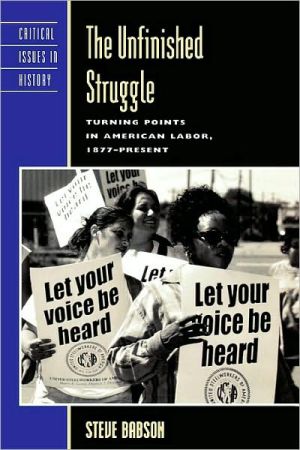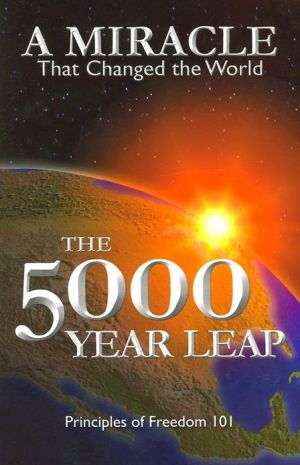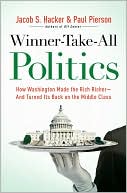Unfinished Struggle
The Unfinished Struggle is one of the most concise, comprehensive, and accessible histories of the modern American labor movement ever written. Labor scholar and activist Steve Babson's dramatic narrative examines the numerous attempts to organize workers from the Great Uprising of 1877 to the 'sitdown' strikes of the 1930s to the present day. Babson illuminates the tumultuous past, evolving agenda, and continuing conflicts of the labor movement. He carefully identifies the causes of labor's...
Search in google:
The Unfinished Struggle is one of the most concise, comprehensive, and accessible histories of the modern American labor movement ever written. Labor scholar and activist Steve Babson's dramatic narrative examines the numerous attempts to organize workers from the Great Uprising of 1877 to the _sitdown_ strikes of the 1930s to the present day. Babson illuminates the tumultuous past, evolving agenda, and continuing conflicts of the labor movement. He carefully identifies the causes of labor's decline in recent decades and explains union leaders' attempts to revive their organizations. Most important, Babson shows readers how the fortunes of organized labor are tied to larger trends in American history.
Chapter 1 The Great Uprising, 1877—1910 Chapter 2 Rise and Fall, 1910—1929 Chapter 3 Triumph and Containment, 1929—1941 Chapter 4 Growth and Accommodation, 1941—1965 Chapter 5 At the Crossroads
\ CHOICEAn engaging narrative account of the fluctuating fortunes of the American labor movement up to the present day. . . . The book does a good job of setting events in their broader historical and economic context.\ — J. L. Rosenbloom, University of Kansas\ \ \ \ \ Journal Of Economic HistoryAn extremely readable book.\ — Robert Cherry, Brooklyn College\ \ \ Journal of American HistoryFor those searching for a short history of the American labor movement, Babson's The Unfinished Struggle is exceptional. Babson draws on the ever-expanding vibrant scholarship of the last thirty years on the interplay among issues of class, race, and gender in the American labor movement. And he does not shy away from laying bare the weaknesses, errors, racism, sexism, and internal conflicts within organized labor over the past century. It is by far the best discussion of the contemporary labor movement you will find, and it should be widely used in sociology, political science, American history, and labor studies course discussing contemporary labor-management relations and organized labor.\ — Steven K. Ashby, Indiana University\ \ \ \ \ Industrial Relations JournalBabson's account is refreshingly strong in documenting the struggle of black workers to organize against the hostility of the state, employers and craft unions. ...provided such rich and exciting detail in his highly readable and accessible text.\ \ \ \ \ Journal Of American HistoryFor those searching for a short history of the American labor movement, Babson's The Unfinished Struggle is exceptional. Babson draws on the ever-expanding vibrant scholarship of the last thirty years on the interplay among issues of class, race, and gender in the American labor movement. And he does not shy away from laying bare the weaknesses, errors, racism, sexism, and internal conflicts within organized labor over the past century. It is by far the best discussion of the contemporary labor movement you will find, and it should be widely used in sociology, political science, American history, and labor studies course discussing contemporary labor-management relations and organized labor.\ — Steven K. Ashby\ \ \ \ \ ChoiceAn engaging narrative account of the fluctuating fortunes of the American labor movement up to the present day. . . . The book does a good job of setting events in their broader historical and economic context.\ — J. L. Rosenbloom, University of Kansas\ \ \ \ \ Journal of Economic HistoryAn extremely readable book.\ — Robert Cherry, Brooklyn College\ \








